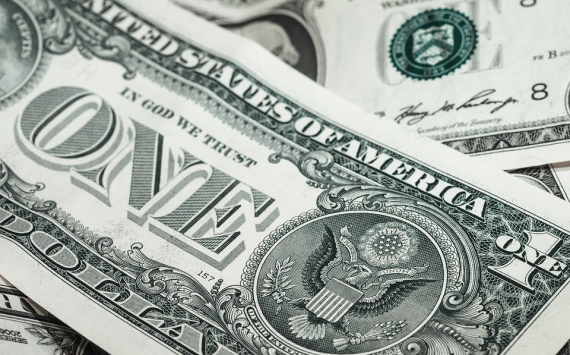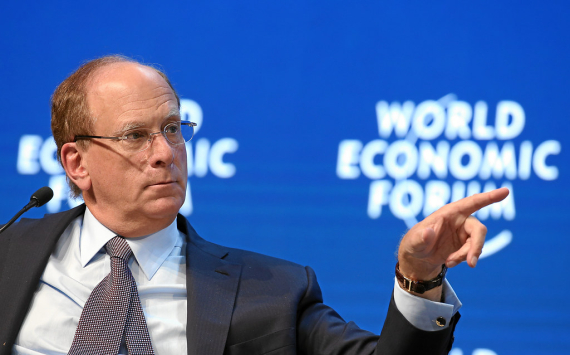
Inflation in September
US consumer prices rose 8.2% year-on-year in September from 8.3% a month earlier, according to data released Thursday by the US Department of Labor. This was evidenced by US Department of Labor data released on Thursday.
High food, housing and health care prices led to a 0.4% increase in the consumer price index for September, up from August's 0.1%, according to data from the Bureau of Labor Statistics released Thursday morning.
"The consumer price index calculated for all product groups increased by 8.2% for the 12-month period ended September, a slight decrease from the 8.3% increase for the period ended August," the document said.
On a month-on-month basis, consumer prices rose 0.4% in September compared with 0.1% in August.
Inflation remains at the top of Americans' minds in the final quarter of the year, which saw widespread volatility in food, petrol and energy prices.
While the Biden administration has sought to address the problem through measures such as the Inflation Reduction Act, the provisions contained in the Act are due to take effect within 10 years and at least two separate models predict that its actual impact on inflation will be statistically insignificant.
Thus, the burden of curbing stubborn inflation is on the Federal Reserve's doorstep. The central bank has already raised its base rate five times this year, including three consecutive hikes of 0.75% to make borrowing and spending money more expensive to cool consumer demand.
At their latest Federal Open Market Committee meeting, Fed officials largely agreed that it was better to aggressively raise interest rates now to avoid future economic problems.
The housing market saw the most immediate impact of the Fed's rate hike scheme. Nearly 7% mortgage rates are now at their highest level in almost two decades, which has slowed house price growth and, in some cities, caused prices to fall.
Comerica Bank chief economist Bill Adams said house prices and rents are likely to fall across the United States in the coming months.
It remains to be seen whether other key costs, especially food, will fall, he said. Reducing these costs could be out of the hands of the federal government, he said.













































